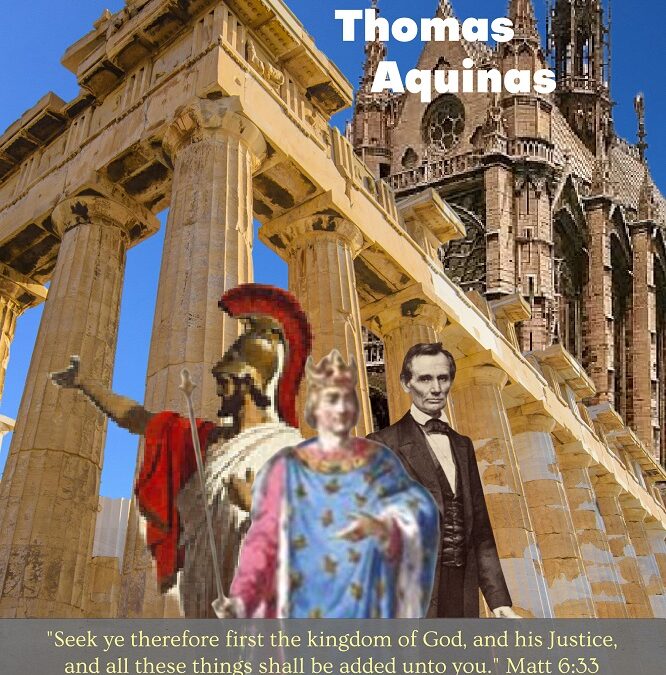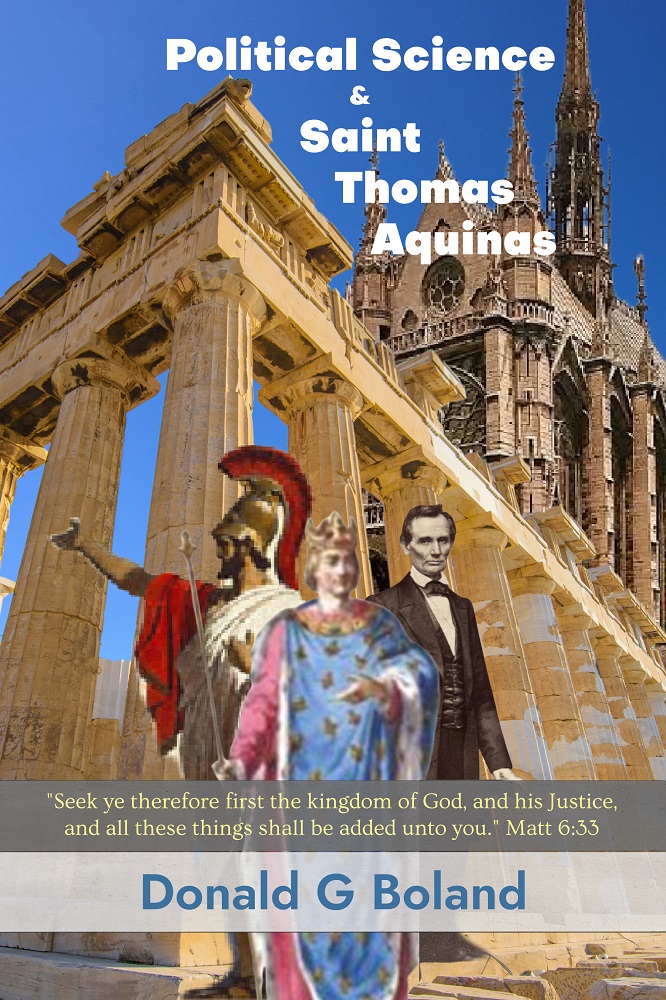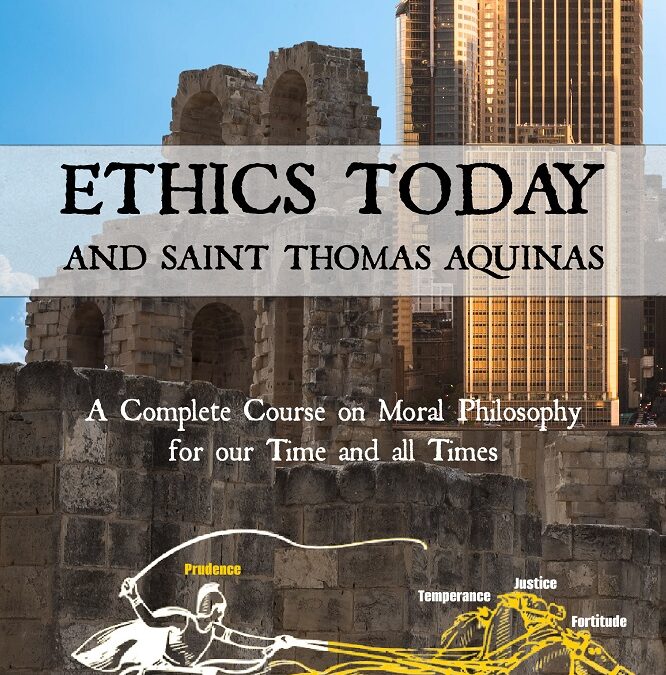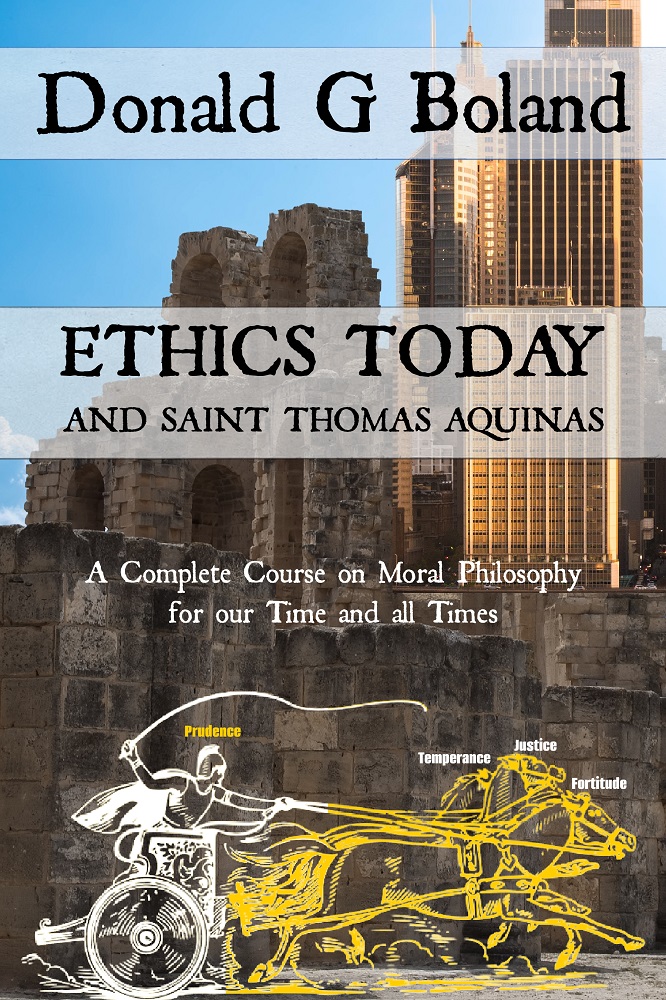With this book the author moves from what Aristotle and Aquinas called the order of practical studies to the theoretical. At their highest levels it is from the ethical to the metaphysical. To the modern mind, if the consideration of morality or ethics is hardly relevant in the study of science the consideration of ontology or metaphysics is even less so. Indeed, any principles or conclusions put would almost universally be regarded as quite unscientific.
What the author wishes to show in this book is that this modern mental position could not be further from the truth. A close study of Aristotle shows, and Aquinas clearly demonstrates, that all human science and knowledge depends upon what we can know from Metaphysics. The core of this study, which is given the name “Ontology”, from the Greek to on (Latin ens), rather loosely rendered in English as “being”, is all contained virtually in St. Thomas’s pregnant sentence, id quod primo cadit in intellectu est ens (“that which the human mind is first aware of is being”).
Leave this out and the bottom falls out of all our other knowledge. This evacuation, as Aristotle shows, cannot really be done. But, many philosophers and scientists of the modern era, like Heraclitus of old, pose as if they rejected the certainties of Metaphysics., to the detriment of all science. Hopefully, our readers will see the need for the return of Wisdom, which Metaphysics is, to its position of eminence in the study of science.
Paperback: $19.95 | Kindle: $9.99
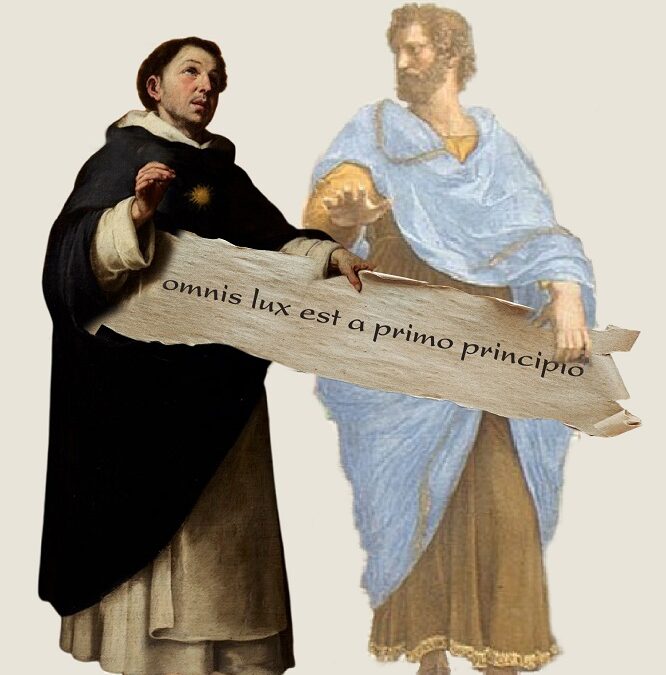
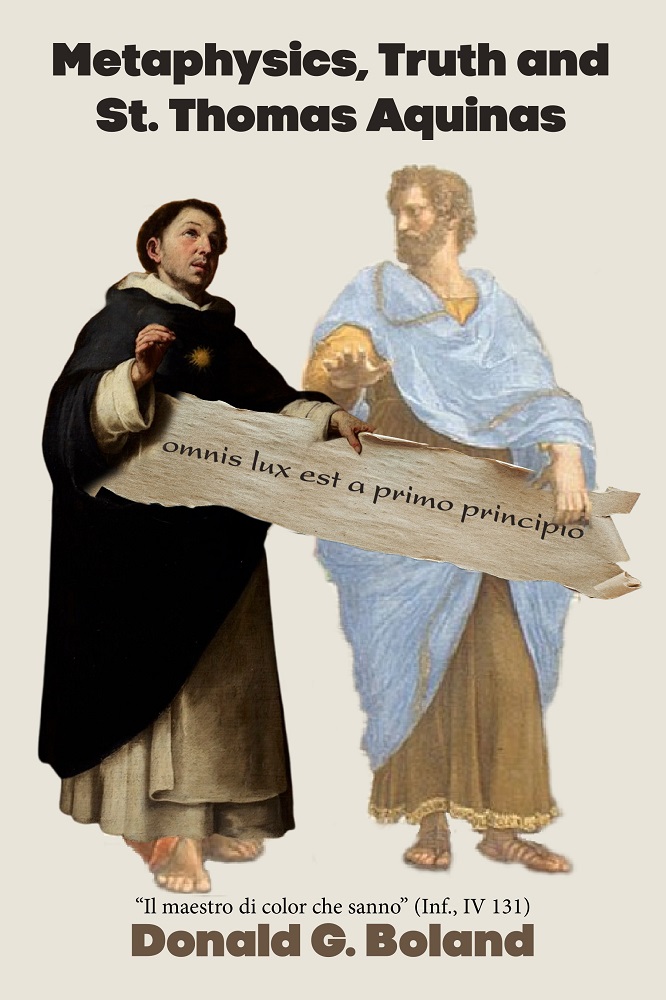
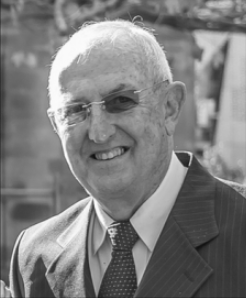
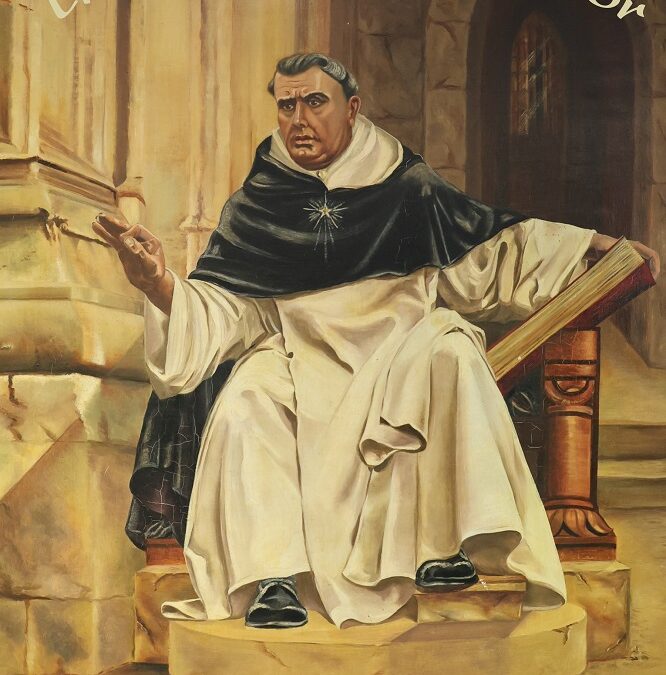
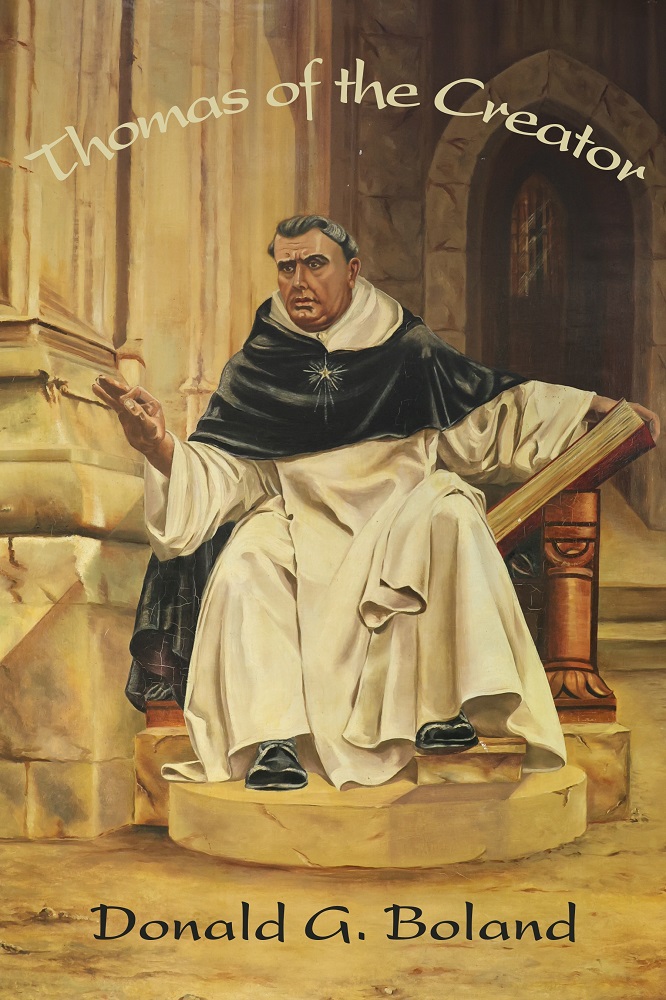
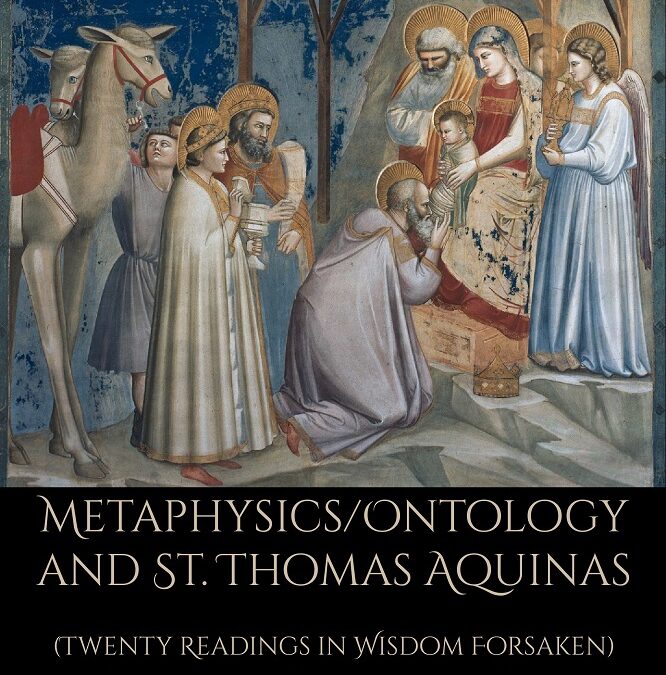
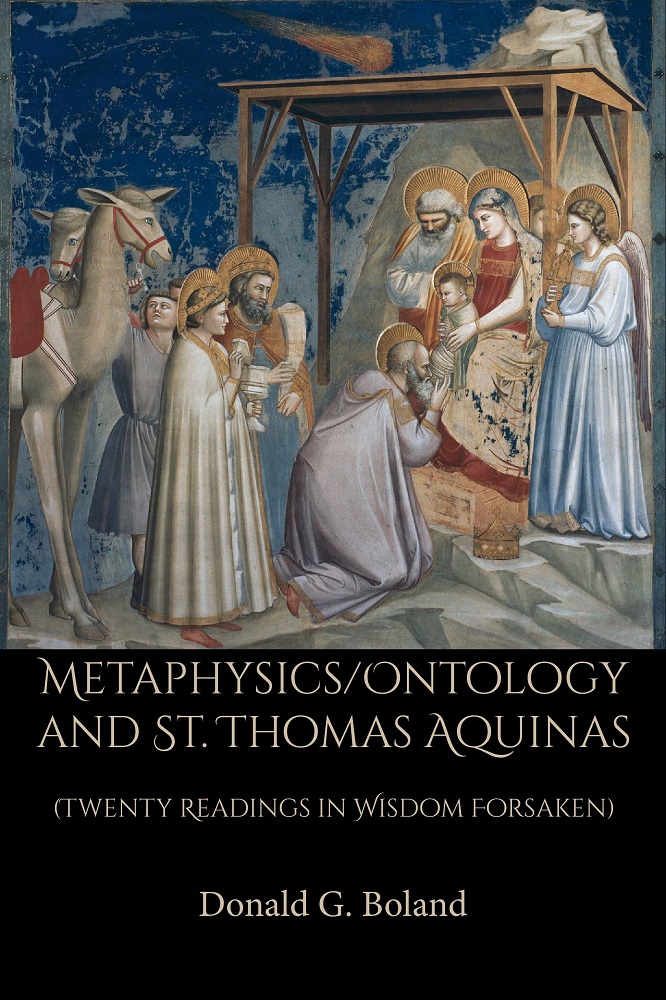
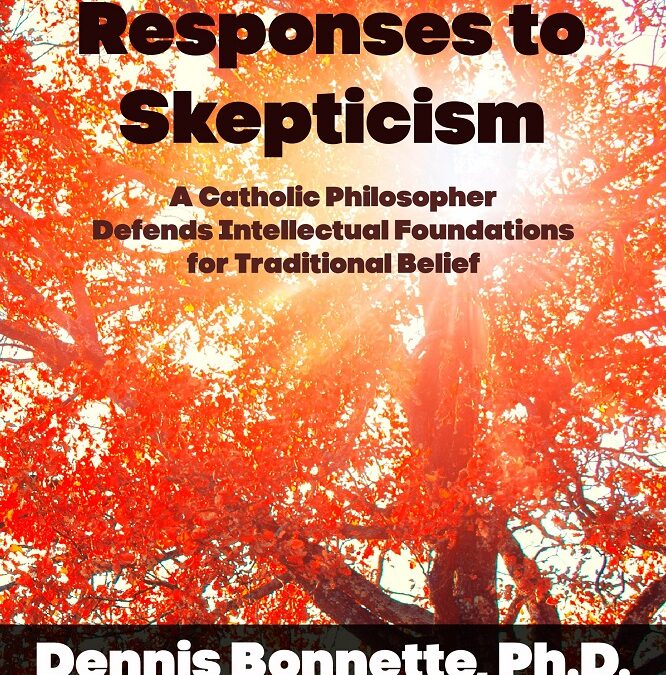
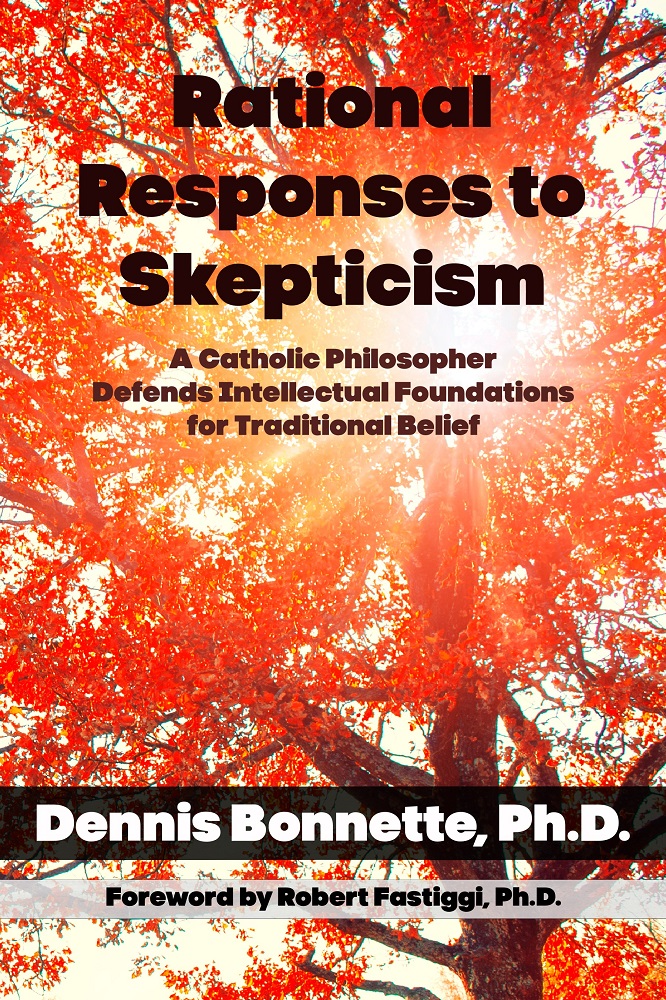
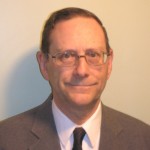 Dr. Dennis Bonnette retired as a Full Professor of Philosophy in 2003 from Niagara University in Lewiston, New York. He taught philosophy there for thirty-six years and served as Chairman of the Philosophy Department from 1992 to 2002. He lives in Youngstown, New York, with his wife, Lois. They have seven adult children and twenty-five grandchildren. He received his doctorate in philosophy from the University of Notre Dame in 1970. Dr. Bonnette taught philosophy at the college level for 40 years and has taught free courses at the Aquinas School of Philosophy in Lewiston, New York. He is the author of two books,
Dr. Dennis Bonnette retired as a Full Professor of Philosophy in 2003 from Niagara University in Lewiston, New York. He taught philosophy there for thirty-six years and served as Chairman of the Philosophy Department from 1992 to 2002. He lives in Youngstown, New York, with his wife, Lois. They have seven adult children and twenty-five grandchildren. He received his doctorate in philosophy from the University of Notre Dame in 1970. Dr. Bonnette taught philosophy at the college level for 40 years and has taught free courses at the Aquinas School of Philosophy in Lewiston, New York. He is the author of two books, 